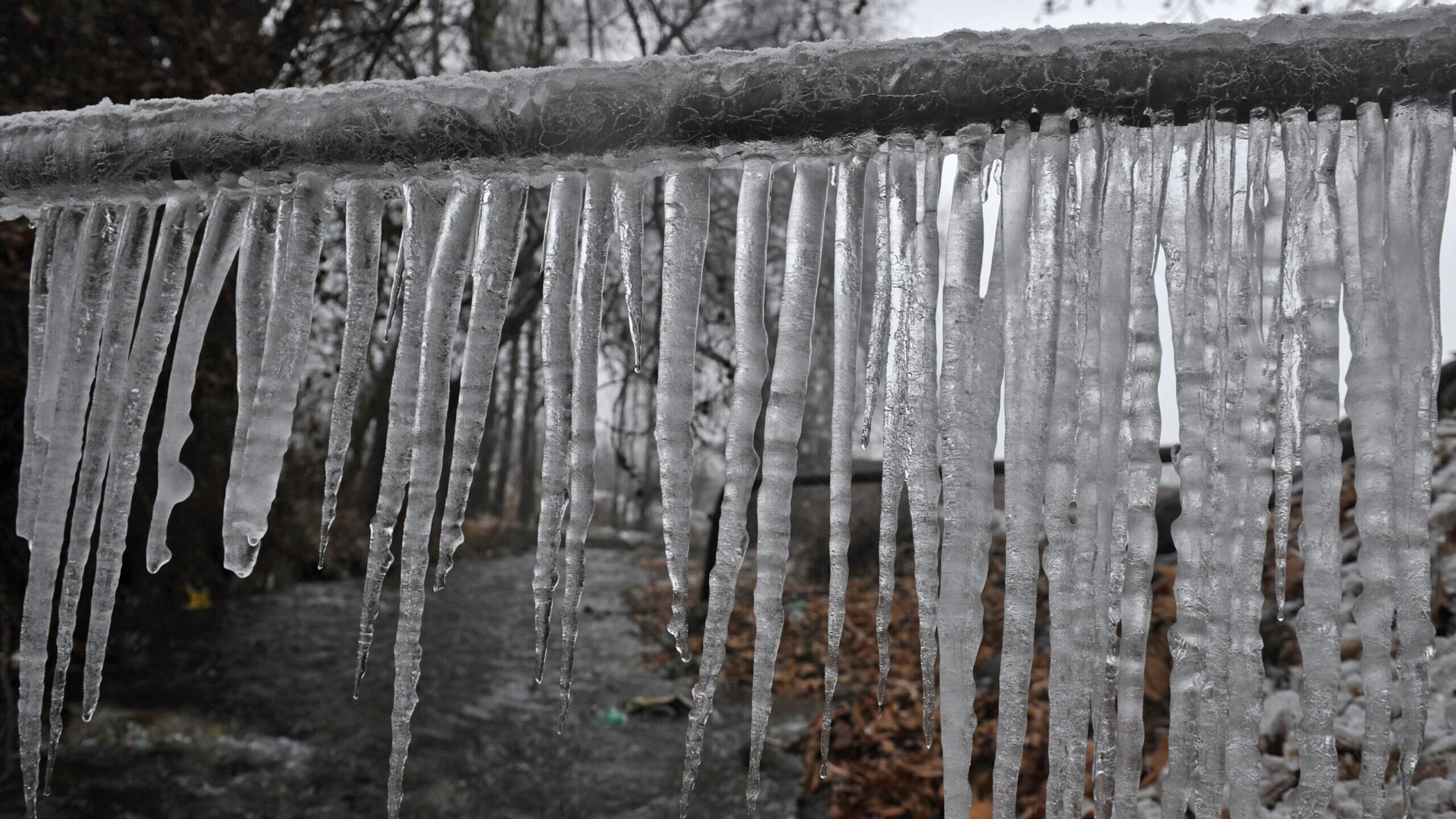How to Defend Your Pipes from Cold Weather: Expert Tips
How to Defend Your Pipes from Cold Weather: Expert Tips
Blog Article
They are making a number of good points regarding Helpful Tips to Prevent Frozen Pipes this Winter in general in this post underneath.

Cold weather can wreak havoc on your plumbing, especially by freezing pipelines. Below's how to prevent it from occurring and what to do if it does.
Intro
As temperatures decrease, the threat of frozen pipes boosts, potentially causing expensive repair work and water damage. Comprehending how to prevent icy pipelines is essential for homeowners in chilly environments.
Comprehending Icy Pipes
What creates pipes to ice up?
Pipes freeze when revealed to temperatures listed below 32 ° F (0 ° C) for extended durations. As water inside the pipelines freezes, it broadens, taxing the pipeline wall surfaces and possibly causing them to rupture.
Threats and problems
Frozen pipes can cause water supply interruptions, building damage, and expensive repair work. Burst pipelines can flooding homes and trigger considerable architectural damages.
Indicators of Frozen Piping
Recognizing icy pipelines early can avoid them from rupturing.
Exactly how to identify frozen pipes
Look for decreased water circulation from taps, unusual odors or noises from pipes, and noticeable frost on subjected pipes.
Prevention Tips
Shielding susceptible pipes
Cover pipes in insulation sleeves or use warmth tape to secure them from freezing temperatures. Concentrate on pipes in unheated or external areas of the home.
Home heating techniques
Maintain interior areas sufficiently warmed, particularly locations with plumbing. Open up closet doors to allow cozy air to flow around pipes under sinks.
Securing Exterior Plumbing
Garden pipes and exterior taps
Disconnect and drain garden tubes before winter season. Set up frost-proof spigots or cover outside taps with shielded caps.
What to Do If Your Pipelines Freeze
Immediate activities to take
If you believe icy pipelines, keep faucets available to relieve pressure as the ice melts. Utilize a hairdryer or towels soaked in warm water to thaw pipelines gradually.
Long-Term Solutions
Architectural changes
Take into consideration rerouting pipelines far from outside wall surfaces or unheated locations. Include additional insulation to attic rooms, cellars, and crawl spaces.
Upgrading insulation
Buy high-quality insulation for pipelines, attic rooms, and walls. Correct insulation helps preserve consistent temperature levels and decreases the risk of frozen pipelines.
Conclusion
Avoiding icy pipelines needs aggressive actions and fast feedbacks. By recognizing the reasons, indicators, and safety nets, home owners can shield their pipes throughout cold weather.
Helpful Tips to Prevent Frozen Pipes this Winter
UNDERSTANDING THE BASICS: WHY PIPES FREEZE AND WHY IT’S A PROBLEM
Water freezing inside pipes is common during the winter months, but understanding why pipes freeze, and the potential problems it can cause is crucial in preventing such incidents. This section will delve into the basics of why pipes freeze and the associated problems that may arise.
THE SCIENCE BEHIND FROZEN PIPES
When water reaches freezing temperatures, it undergoes a physical transformation and solidifies into ice. This expansion of water as it freezes is the primary reason pipes can burst. As the water inside the pipe freezes, it expands, creating immense pressure on the walls. If the pressure becomes too great, the pipe can crack or rupture, leading to leaks and water damage.
FACTORS THAT CONTRIBUTE TO PIPE FREEZING
Low Temperatures: Extremely cold weather, especially below freezing, increases the risk of pipes freezing. Uninsulated or Poorly Insulated Pipes: Pipes located in unheated areas, such as basements, crawl spaces, or attics, are more prone to freezing. Insufficient insulation or lack of insulation altogether exacerbates the problem. Exterior Wall Exposure: Pipes running along exterior walls are susceptible to freezing as they encounter colder temperatures outside. Lack of Heating or Temperature Regulation: Inadequate heating or inconsistent temperature control in your home can contribute to frozen pipes. PROBLEMS CAUSED BY FROZEN PIPES
- Pipe Bursting: As mentioned earlier, the expansion of water as it freezes can cause pipes to burst, resulting in significant water damage.
- Water Damage: When pipes burst, it can lead to flooding and water damage to your property, including walls, ceilings, flooring, and personal belongings.
- Structural Damage: Prolonged exposure to water from burst pipes can compromise the structural integrity of your home, leading to costly repairs.
- Mold and Mildew Growth: Excess moisture from water damage can create a favorable environment for mold and mildew growth, posing health risks to occupants.
- Disrupted Water Supply: Frozen pipes can also result in a complete or partial loss of water supply until the issue is resolved.
WHY CERTAIN PIPES ARE MORE PRONE TO FREEZING
- Location: Pipes located in unheated or poorly insulated areas, such as basements, crawl spaces, attics, or exterior walls, are at higher risk of freezing.
- Exterior Pipes: Outdoor pipes, such as those used for irrigation or exposed plumbing, are particularly vulnerable to freezing as they are directly exposed to the elements.
- Supply Lines: Pipes that carry water from the main water supply into your home, including the main water line, are critical to protect as freezing in these lines can affect your entire plumbing system.
- Underground Pipes: Pipes buried underground, such as those connected to sprinkler systems or outdoor faucets, can be susceptible to freezing if not properly insulated.
https://busybusy.com/blog/helpful-tips-to-prevent-frozen-pipes-this-winter/

I discovered that page on How To Avoid Freezing Pipes while exploring the search engines. Appreciated our write-up? Please share it. Let someone else check it out. I am grateful for your time. Please come by our site back soon.
Book My Estimate Report this page